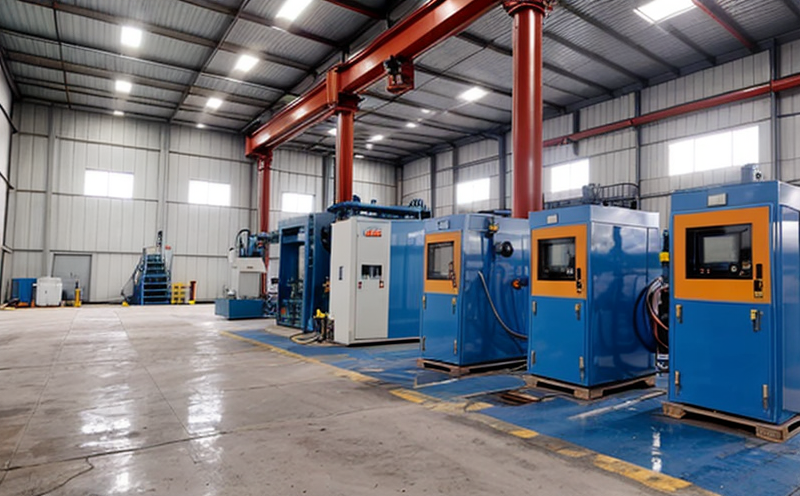ISO 3262 Extenders for Paints Talc Testing
The testing of ISO 3262 extenders for paints talc is a critical process in ensuring that industrial minerals meet the stringent quality and performance standards required by the paint industry. This service focuses on evaluating the physical, chemical, and functional properties of talc used as an extender in paints to ensure it meets international standards such as ISO 3262:1987.
Talc is widely used as a filler and extender in paints due to its excellent rheological properties. The key factors that influence the performance of talc include particle size, specific surface area, pH value, water absorption capacity, and chemical composition. This service provides detailed analysis of these parameters to ensure that the talc meets not only the specifications required for ISO 3262 but also those set by other relevant standards such as ASTM D4078.
The testing process involves several steps, including sample preparation, dissolution in water, pH measurement, filtration, drying and weighing of the residue, and determination of water absorption. The results are then compared against established limits to determine if the talc meets the requirements specified by ISO 3262.
Our laboratory ensures that all tests are conducted using state-of-the-art equipment and methods approved by recognized standards bodies. This guarantees accurate and reliable data, which is essential for maintaining product quality and ensuring compliance with international regulations. The importance of this testing cannot be overstated, as even minor deviations from the standard can lead to significant issues in paint performance.
In addition to meeting ISO 3262 requirements, our service also provides insights into how talc performs under various conditions that are relevant to real-world applications. This includes assessing the impact of different environmental factors on the stability and durability of paints containing talc extenders. By providing such comprehensive testing, we help our clients make informed decisions about their product formulation and ensure they remain competitive in a constantly evolving market.
Our team of experts brings extensive experience in materials science and analytical chemistry to bear on each test, ensuring that every result is accurate and actionable. We pride ourselves on delivering not just data but also valuable insights that can drive innovation and improve processes within our clients' organizations.
Why It Matters
The quality of materials used in paint formulations directly impacts the overall performance and longevity of painted surfaces. By ensuring that ISO 3262 extenders for paints talc meet stringent standards, we contribute to producing high-quality coatings that are durable, resistant to environmental factors, and aesthetically pleasing.
Meeting these standards is particularly important given the diverse range of environments where industrial paints may be used. Whether it's in harsh outdoor conditions or more controlled indoor settings, consistent quality ensures reliable protection against wear and tear, corrosion, and other forms of degradation. This, in turn, contributes to enhanced safety and efficiency across various industries.
From a regulatory perspective, compliance with international standards like ISO 3262 is crucial for avoiding potential legal issues and maintaining market access. Non-compliance can result in product recalls, financial penalties, or even loss of reputation among consumers who expect consistently high-quality products from reputable brands.
Benefits
Elevated standards: Ensuring that industrial minerals meet ISO 3262 requirements guarantees superior quality and reliability in paint formulations.
Enhanced durability: Properly tested talc extenders contribute to longer-lasting, more robust coatings capable of withstanding varied environmental conditions.
Regulatory compliance: Meeting international standards helps avoid legal risks associated with non-compliance and ensures continued market access.
Innovation opportunities: Comprehensive testing provides valuable insights that can fuel advancements in product development and process improvement.
Cost efficiency: By identifying potential issues early through thorough testing, companies can reduce costs related to rework or failed products.
Customer satisfaction: High-quality materials lead to satisfied customers who trust the brand’s commitment to excellence in every aspect of its offerings.





